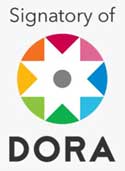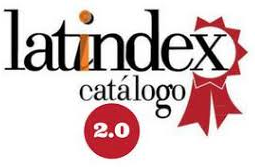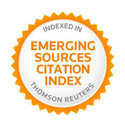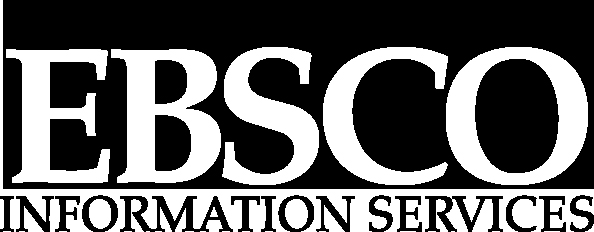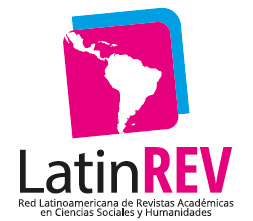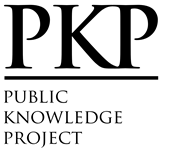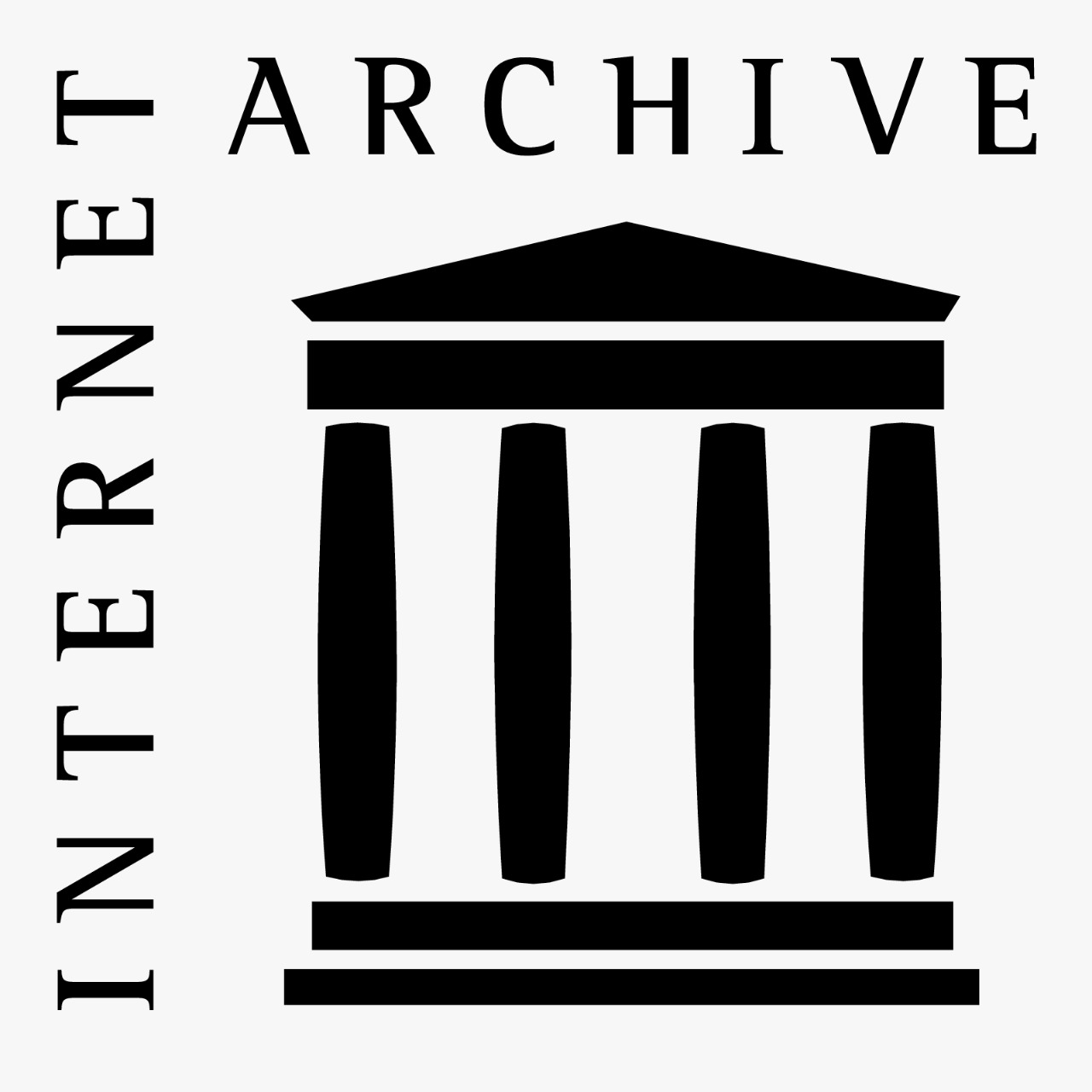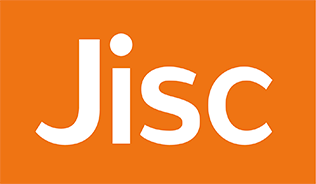La brecha ética
Por qué los alemanes desestiman a los periodistas y no confían en ellos
Resumen
En la mayoría de las democracias, la reputación pública de los periodistas está en declive. Sin embargo, el mapa cognitivo que el público tiene del periodismo no ha recibido mucha atención salvo en lo concerniente a partidos y a políticos. Este artículo describe los resultados de una encuesta representativa por teléfono de la población alemana (N=1.054) diseñada para explorar la percepción pública del periodismo. El artículo contiene un primer análisis de estos datos. Nuestros resultados confirman que la reputación pública de los periodistas es negativa, particularmente en cuanto a su confiabilidad, y especialmente entre los más jóvenes. También se observa una gran brecha entra las expectativas del público y su percepción de los verdaderos objetivos y valores del periodismo, las características del contenido de las noticias y la conducta de los periodistas frente a dilemas éticos. En la última parte del artículo, se prueban los efectos de algunas de estas variantes en la confianza y la estima. El trabajo se basa en la suposición de que la relación entre las personas y la prensa merece ser más estudiada, porque una relación exitosa entre ambos es el fundamento de una democracia que funciona correctamente.
Descargas
Citas
Allensbach (2005). Allensbacher Berichte.Allensbach.
Bernt, J. P., Fee, F. E., Gifford, J. & Stempel, G. H. (2000). How well can editors predict the reader interest in news. Newspaper Research Journal 21, 2, 2-10.
Cronke, P. & Cook, T. E. (2007). Disdaining the media: the American public’s changing attitudes toward the news. Political Communication, 24, 259-281.
Curtin, R., Presser, S. & Singer, E. (2005). Changes in telephone survey nonresponse over the past quarter century. Public Opinion Quarterly, 69, 87-98.
D’Alessio, D. & Allen, M. (2000). Media bias in presidential elections: a meta-analysis. Journal of Communication, 50, 4, 133-156.
Dautrich, K. & Necci Dineen, J. (1996). Media bias: what journalists and the public say about it. The Public Perspective, Oct./Nov., 7-14.
Donsbach, W. (1982). Legitimationsprobleme des Journalismus. Freiburg und München: Alber.
Donsbach, W. (2008). Journalists’ role perceptions (v. 6, 2605-10). En su: Donsbach, W. (ed.). The international encyclopedia of communication. Malden: Wiley-Blackwell.
Donsbach, W., Rentsch, M., Schielicke, A.-M. & Degen, S. (2009). Entzauberung eines Berufs: was die Deutschen vom Journalismus erwarten und wie sie enttäuscht werden.Konstanz: UVK.
Edelmann Trust Barometer (2008). Consultado en 2008 [y revisado en noviembre de 2012] en: http://www.slideshare.net/davefleet/edelman-trust-barometer-2008.
Ehmig, S. (2000). Generationswechsel im deutschen Journalismus: zum Einfluss historischer Ereignisse auf das journalistische Selbstverständnis.Freiburg, München: Alber.
Engesser, E. (2003). Journalismus in Fiktion und Wirklichkeit: ein Vergleich des Journalistenbildes in literarischen Bestsellern mit Befunden der empirischen Kommunikationsforschung. Tesis doctoral. Mainz Universität.
GfK Custom Research (2007). Pressemitteilung. Consultado el 26 de octubre de 2008 [rev. en nov. 2012] en: http://www.gfk.com/imperia/md/content/presse/pd_trust_index_2007_dfin.pdf
Glotz, P. & Langenbucher, W. R. (1969).
Der mißachtete Leser: zur Kritik der deutschen Presse. Köln: Kiepenheuer & Witsch.
Hagen, L. M. (1992). Die opportunen Zeugen: Konstruktionsmechanismen von Bias in der Zeitungsberichterstattung über die Volkszählungsdiskussion. Publizistik, 37, 1, 444-460.
Haskins, J. B. & Miller, M. M. (1984). The effects of bad news and good news on a newspaper’s image. Journalism Quarterly, 61, 3-13.
Hohlfeld, R. (2005). “Der missachtete Leser revisited”: zum Wandel von Publikumsbild und Publikumsorientierung im Journalismus (p. 195-224). En: Behmer, M., Blöhbaum, B. & Scholl, A. (ed.). Journalismus im Wandel: Analysedimensionen, Konzepte, Fallstudien. Wiesbaden: VS.
Karmasin, M. (1996). Journalismus: Beruf ohne Moral? Wien: Linde.
Kepplinger, H. M. (1979). Angepaßte Außenseiter: was Journalisten denken und wie sie arbeiten.Freiburg: Alber.
Kepplinger, H. M. (1989). Instrumentelle Aktualisierung: Grundlagen einer Theorie publizistischer Konflikte (p. 199-220). En: Kaase, M. & Schulz, W. (ed.). Massenkommunikation: Theorien, Methoden, Befunde. Opladen: Westdeutscher Verlag.
Köcher, R. (1985). Spürhund und Missionar: eine vergleichende Untersuchung über Berufsethik und Aufgabenverständnis britischer und deutscher Journalisten[discurso]. Munich.
Köcher, R. (1986). Bloodhounds or missionaries: role definitions of German and British journalists. European Journal of Communication,1, 43-64.
Lang, K., Lang, G. E., Kepplinger, H. M. & Ehmig, S. (1993). Collective memory and political
generations: a survey of German journalists Political Communication, 10, 211-229.
McLeod, S. H. & Chaffee, S. H. (1972). The construction of social reality (p. 50-99). En: Tedeschi, I. T. (ed.). The social influence processes. Chicago: Aldine Atherton.
Martin, R. K., O’Keefe, G. J. & Nayman, O. B. (1972). Opinion agreement and accuracy between editors and their readers. Journalism Quarterly, 49, 460-468.
Noelle-Neumann, E. & Kepplinger, H. M. (1978). Journalistenmeinungen, Medieninhalte und Medienwirkungen (p. 41-67). En: Steindl, G. (ed.). Publizistik aus Profession: Festschrift für Johannes Binkowski. Düsseldorf: Droste.
Noelle-Neumann, E. & Köcher, R. (2002). Allensbacher Jahrbuch der Demoskopie 1998-2002. München: Saur.
Patterson, T. E. & Donsbach, W. (1996). News decisions: journalists as partisan actors. Political Communication,13, 4, 455-468.
Patterson, T. E. (2000). Doing well and doing good: how soft news and critical journalism are shrinking the news audience and weakening democracy: and what news outlets can do about it. En: Report of the Shorenstein Center for the Press, Politics, and Public Policy. Harvard University.
Pratto, F. & John, O. P. (1991). Automatic vigilance: the attention-grabbing power of negative social information. Journal of Personality and Social Psychology 61, 380-391.
Pew Research Center for The People & The Press (2002). News media’s improved image proves short-lived. Consultado el 26 de octubre de 2008 [y revisado en noviembre de 2012] en: http://people-press.org/report/159/news-medias-improved-image-proves-short-lived.
Ridder, Ch.-M. & Engel, B. (2005). Massenkommunikation 2005: Images und Funktionen der Massenmedien im Vergleich. Media Perspektiven, 9, 422-449.
Schriefers, A. (1992). Ansichten der Bevölkerung zur Rolle und zur Arbeitsweise von Journalisten[tesis]. Mainz.
Schönbach, K. (1977). Trennung von Nachricht und Meinung: Empirische Untersuchung eines
publizistischen Qualitätskriteriums. Freiburg, München: Alber.
Tsfati, Y. & Cappella, J. N. (2003). Do people watch what they do not trust? Exploring the association between news media skepticism and exposure. Communication Research 30, 5, 504-529.
Tsfati, Y. & Cappella, J. N. (2005). Why do people watch news they do not trust: need for cognition as a moderator in the association between news media skepticism and exposure. Media Psychology 7, 3, 251-272.
Weaver, D. H., Beam, R. A. & Brownlee, B. J. (2008). The American journalist in the 21st century: news people at the dawn of a new milennium. Mahwah: Erlbaum.
Weaver, D. H. (ed.) (1998). The global journalist: news people around the world. New Jersey: Hampton Press.
Weaver, D. & Daniels, L. (1992). Public opinion on investigative reporting in the 1980s. Journalism Quarterly, 69, 146-155.
Weischenberg, S., Malik, M. & Scholl, A. (2006). Die Souffleure der Mediengesellschaft: Report über die Journalisten in Deutschland. Berlin: VS.
Wiegerling, K. (1998). Medienethik. Stuttgart: Metzler.
Willnat, L. & Weaver, D. H. (1998). Public opinion on investigative reporting in the 1990s: has
anything change since the 1980s? Journalism and Mass Communication Quarterly, 75, 449-463.
Derechos de autor 2012 Wolfgang Donsbach, Mathias Rentsch, Anna-Maria Mende

Esta obra está bajo licencia internacional Creative Commons Reconocimiento-NoComercial 4.0.
Los autores conservan los derechos de autor y garantizan a la revista el derecho de ser la primera publicación del trabajo. En caso de que puedan publicar en otra revista una traducción del artículo ya publicado en Austral Comunicación, se pide dejar constancia en la versión traducida sobre la publicación original.
La licencia utilizada es CC BY-NC-SA, que permite compartir (copiar y redistribuir el material en cualquier medio y formato) y adaptar (remezclar, transformar y construir sobre el material) bajo los siguientes términos: atribución (reconocer la autoría) y no comercial (no se puede utilizar el material para fines comerciales). Actualización: 1 de febrero de 2022.
Austral Comunicación permite al autor(es) retener los derechos de publicación sin restricciones.



